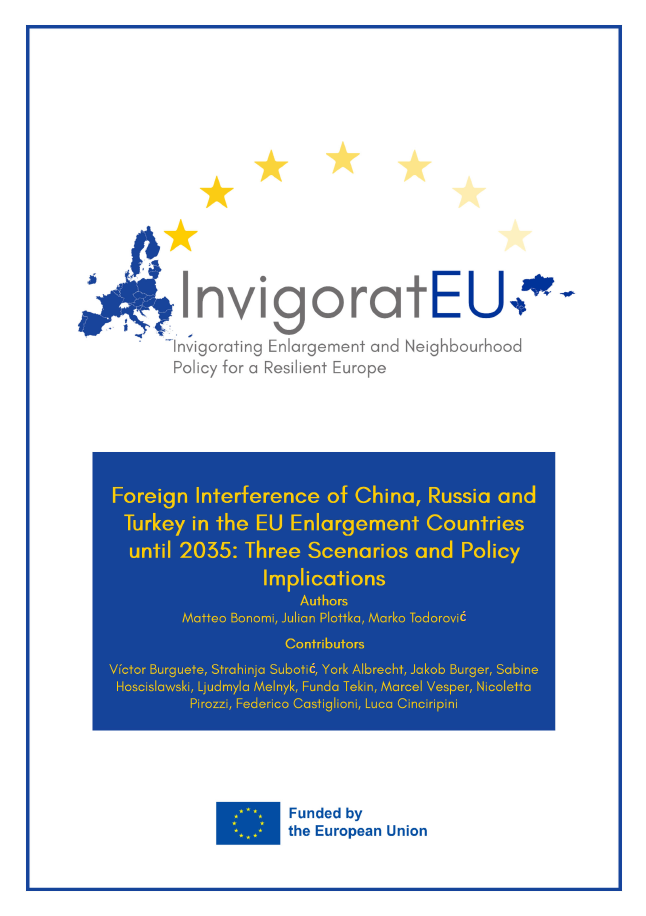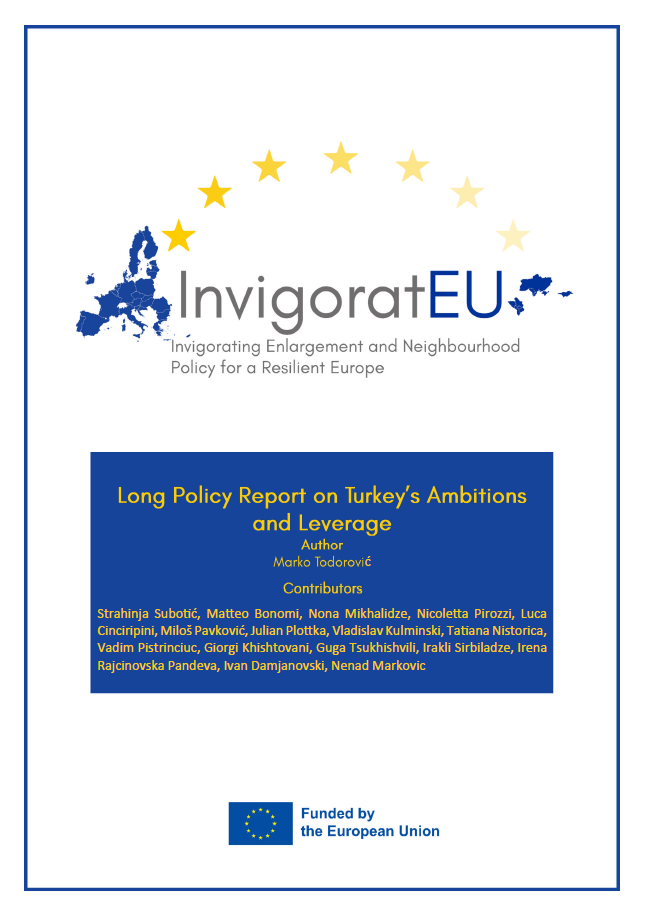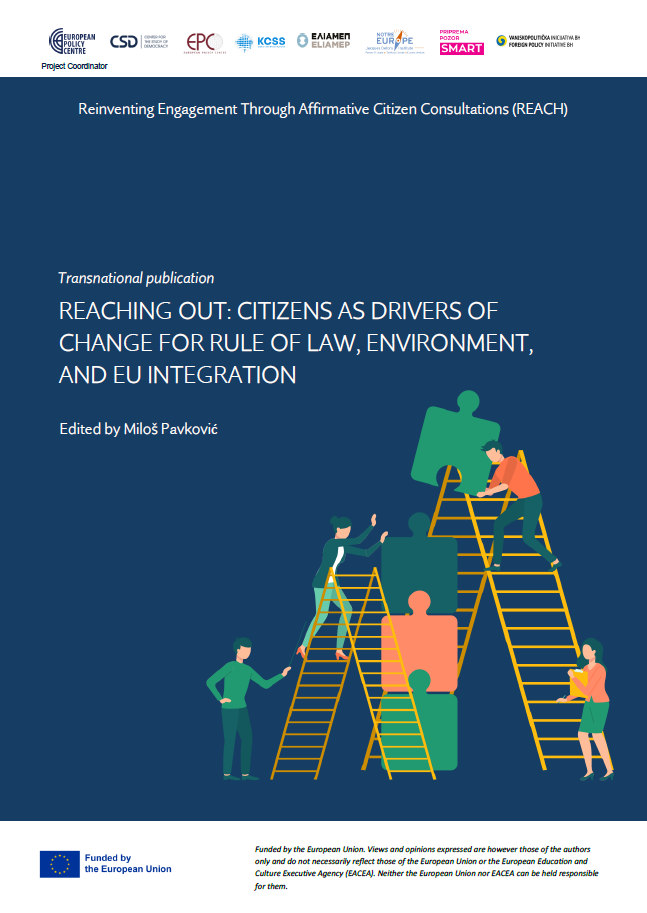Headquarters: Svetog Nauma 7, 11000
Office address: Đorđa Vajferta 13, 11000
Phone:: +381 11 4529 323
Belgrade EXPO 2027 is set to be a momentous event for the city of Belgrade and the nation of Serbia. EXPOs are renowned international exhibitions that serve as platforms for countries to showcase innovative ideas and advancements, and foster international cooperation. Scheduled to take place in the capital city of Serbia, the EXPO 2027, setting the stage for an even more extensive global event – World EXPO 2030, is supposed to shine a spotlight on Serbia’s potential as a global player. Its purpose extends beyond showcasing advancements; it seeks to stimulate economic development, foster cultural exchange, and inspire innovation, thus building stronger diplomatic ties. According to the Government of Serbia, Belgrade EXPO 2027 is supposed to attract visitors and participants from around the world, offering a unique opportunity to celebrate Serbia’s rich history and modernisation efforts. The Government also sees this event as Serbia’s commitment to becoming an integral part of the global community and making a positive impact on the world stage. However, whether this vision will materialise as intended it remains uncertain, given challenges in financial transparency, legal frameworks, and the potential transformation of the old Belgrade Fair complex1. This paper delves into the multifaceted aspects surrounding the upcoming Belgrade EXPO 2027, aiming to provide an in-depth analysis of its potential advantages and the underlying challenges that often remain obscured by the optimistic narratives prevalent in the domestic media. The paper explores the historical significance of World EXPOs, the particularities of EXPO 2027, and the economic, cultural, and infrastructural potential that this global event brings to the city and to Serbia.
Additionally, it scrutinises the controversial aspects of EXPO 2027, such as the use of a special law, financial implications, and the future of iconic structures like Hall 1 (Hala 1) within the Belgrade Fair complex. By examining these complexities and potential issues, the paper seeks to shed light on the intricate dynamics of hosting an EXPO exhibition, offering recommendations for an approach that maximises the benefits while addressing the challenges, ultimately contributing to the balanced development of Serbia and its strategic positioning in the Western Balkans and the EU integration process.
This brief was originally produced for CeSPI ETS (Center for International Policy Studies) from Italy. The original brief in English can be found at this link.


